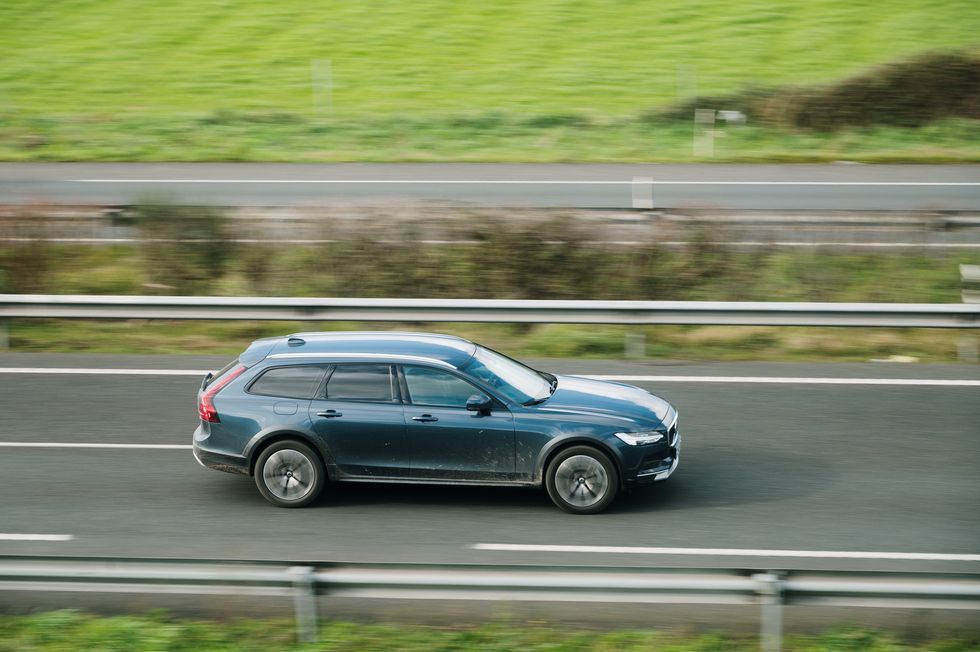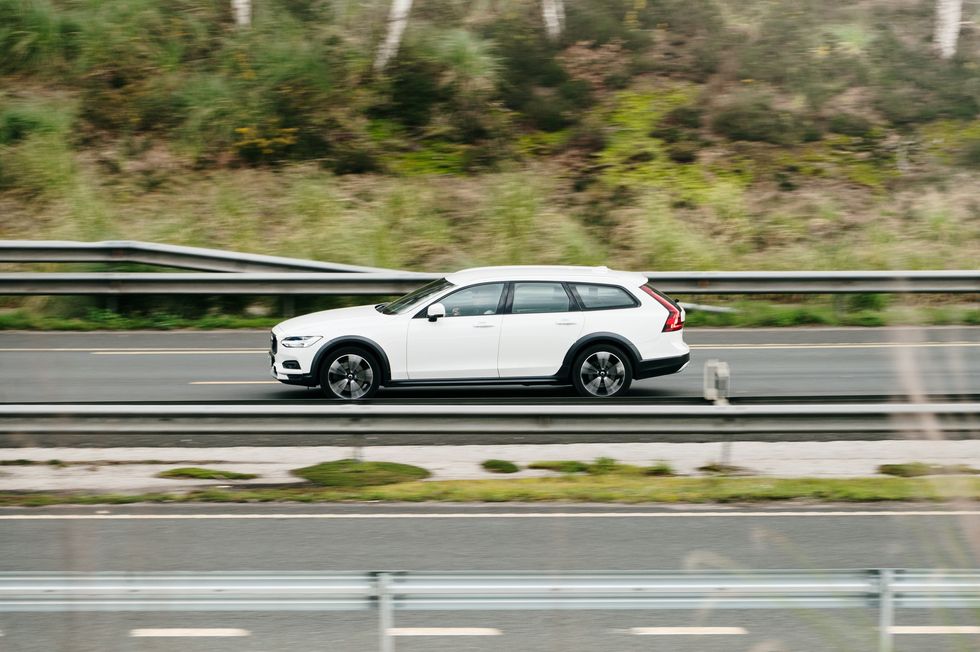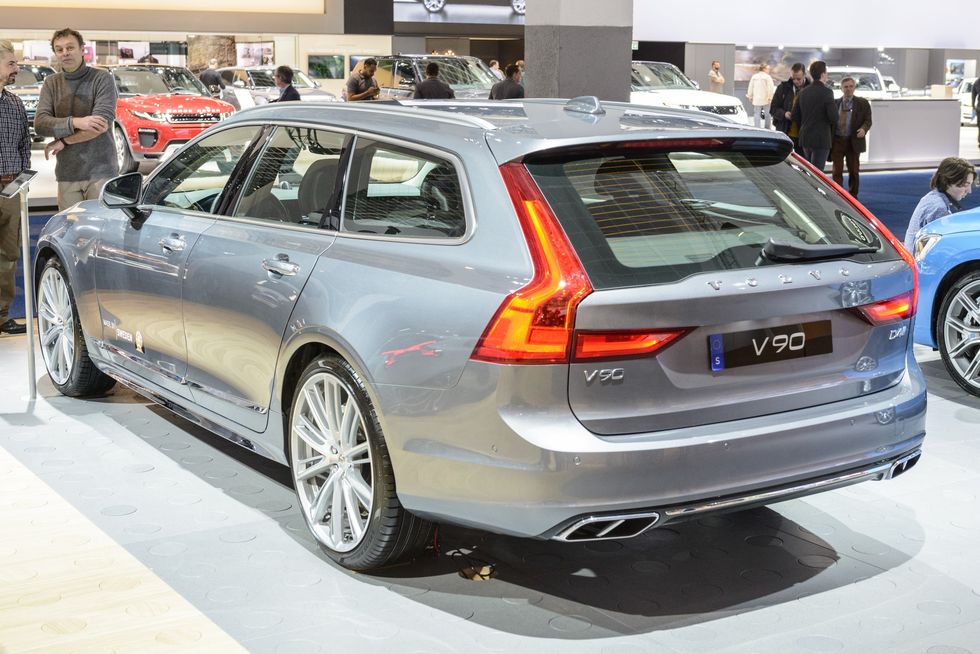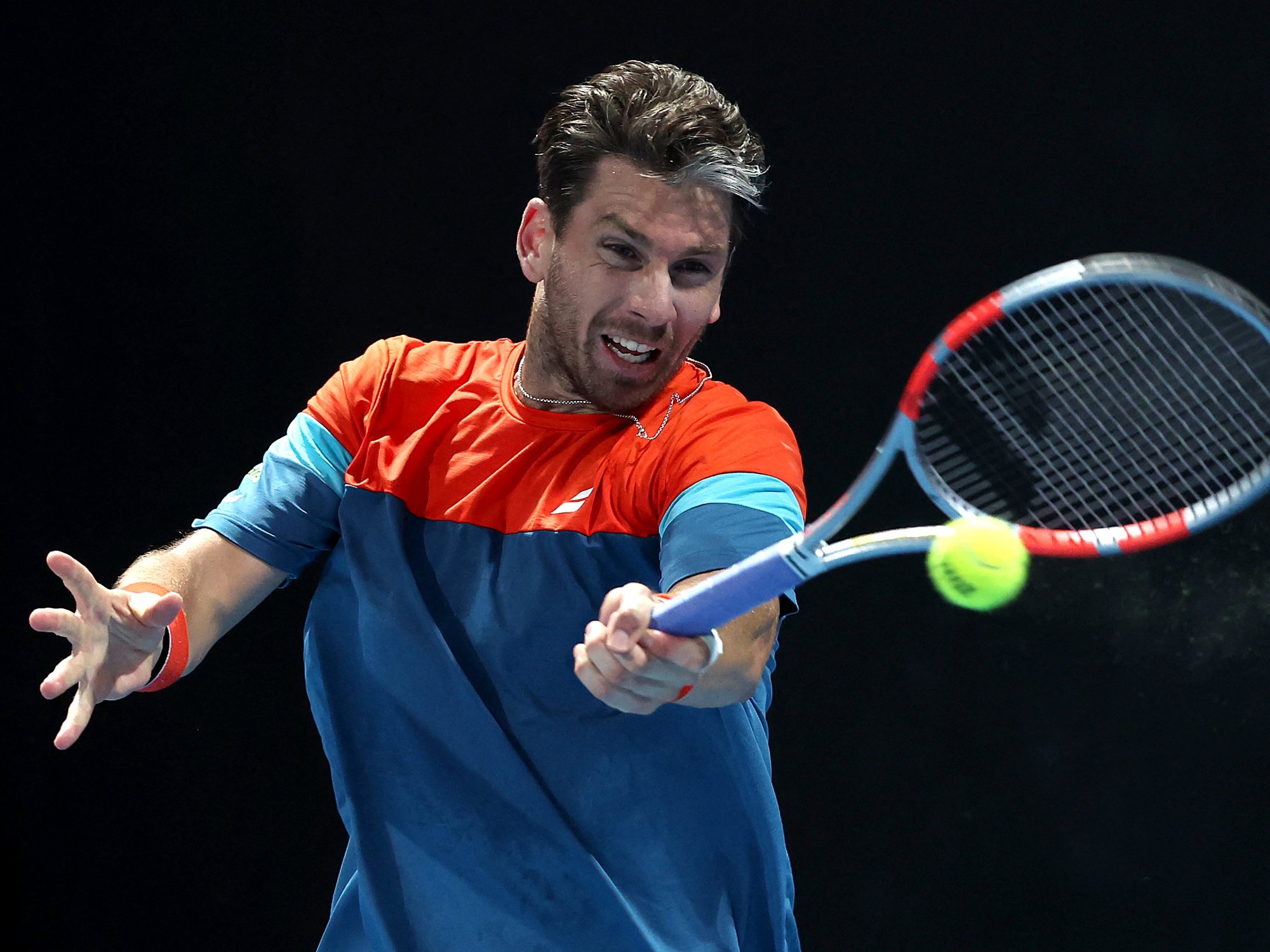Chinese-owned car brand to axe popular model in bid to go all-electric - 'End of an era'

Volvo will end production of its V90 model in September this year
Don't Miss
Most Read
Latest
One of the world's most popular car brands has announced it will be cutting a fan favourite vehicle from its production line this year in a bid to prioritise its journey to an all-electric fleet.
Chinese-owned Volvo revealed it will no longer make the premium internal combustion engine V90, with production scheduled to end on September 31.
As part of the move, the Swedish automaker will no longer accept new orders of the model but will sell its existing stockpile.
The popular V90 has been part of Volvo’s lineup for the past nine years, with the carmaker explaining that the decision forms part of its global cycle plan.
Do you have a story you'd like to share? Get in touch by emailing motoring@gbnews.uk

The V90 will see production end in September, Volvo announced
|GETTY
The plan hopes to transition the brand to a fully electric car company by 2030, with an ambitious target to reduce CO2 emissions by between 65 and 75 per cent for each car by 2030, with an aim to reach net zero by 2040.
Volvo Cars UK said: "Volvo Cars will end global production of the V90 and V90 Cross Country during September 2025 in accordance with Volvo Cars’ global cycle plan.
“UK customers wishing to purchase a V90 can check what stock is available by contacting Volvo Car UK or their nearest Volvo retailer."
The V90 was first showcased in 2016, marking the next version of the S90 Saloon. Volvo then released the second-generation XC90, which was an SUV version of the vehicle, with production of the S90 ending in 2024.

Volvo said it would be removing the model as part of its journey towards electric
|GETTY
The carmaker’s dealer in Poole shared that the decision marked the "end of an era" for a model that has "epitomised Scandinavian design, safety, and practicality".
The dealer shared that the decision "aligns with Volvo’s strategic shift towards electrification, petrol-plug in hybrid and the growing popularity of SUVs".
While the car brand hopes to go fully electric in the next five years, the move has not been easy, particularly as sales for EVs continue to decline.
Last month, Volvo saw its electric car sales drop by 27 per cent to 12,391 from 17,064 for the same period last year. The carmaker also saw its total vehicle sales fall 12 per cent to 59,822 units from 68,034 units in 2024.
LATEST DEVELOPMENTS:
The XC90 also took a hit globally, with the brand selling 8,794 cars in May compared with 9,072 for the same period in 2024.
A spokesperson for Volvo added: "Global production of the V60 continues, and UK customers will still be able to order this model, which is offered in both mild-hybrid petrol and petrol-electric plug-in hybrid forms."
On top of falling sales, the brand also confirmed it would cut approximately 3,000 positions, with 1,200 jobs cut across its Swedish operations and a further 1,000 consultant positions terminated, primarily in Sweden.
Speaking in May, Håkan Samuelsson, Volvo Cars President and CEO, said: "The automotive industry is in the middle of a challenging period. To address this, we must improve our cash flow generation and structurally lower our costs. At the same time, we will continue to ensure the development of the talent we need for our ambitious future."

The brand only sold fewer than 400 units of the V90 this year
|GETTY
He warned that the actions announced "have been difficult decisions" but were important steps to build a "stronger and even more resilient" brand.
Commenting on whether the company would stick with its electric vehicle strategy, Samuelsson said that the brand remained "firm on becoming a fully electric car company" due to it being "the fastest growing segment".
According to reports, Volvo has sold around 360 V90 models in the past six months, with them mainly being sold to fleet and business customers.
Last week, Geely chairman and founder Li Shufu warned that the global automotive industry was facing "serious overcapacity", which has caused the Chinese automaker to opt against building new manufacturing plants or expanding production in existing facilities.











